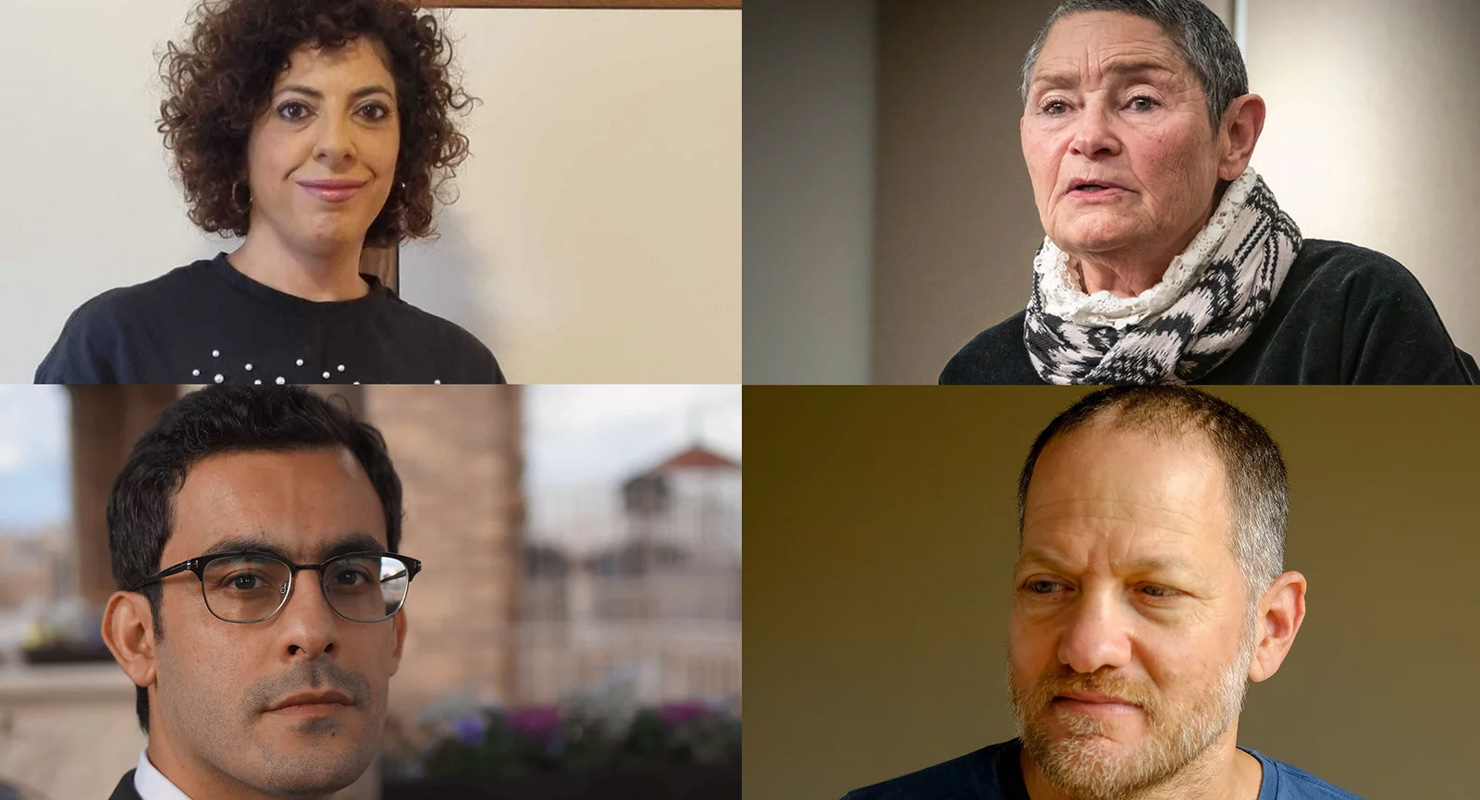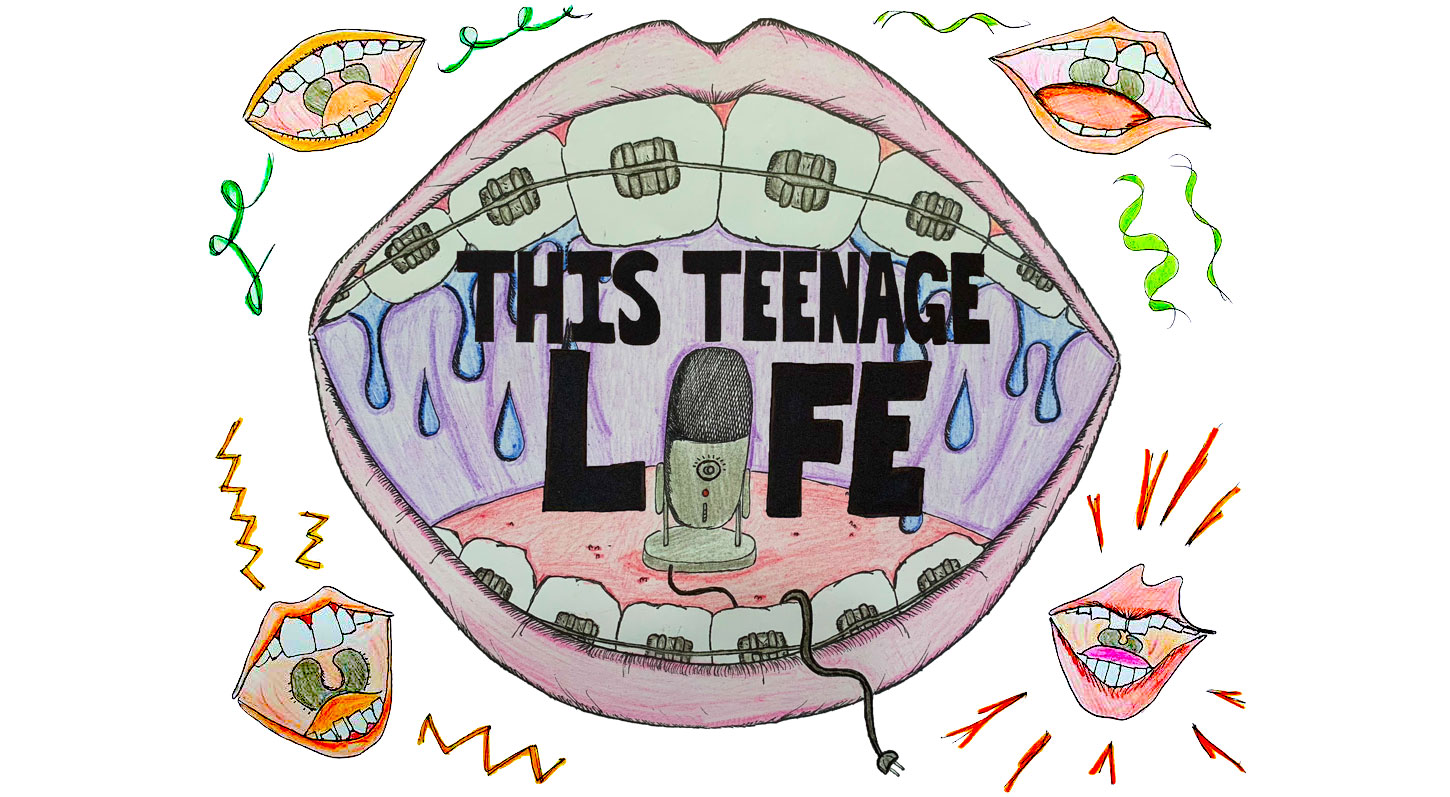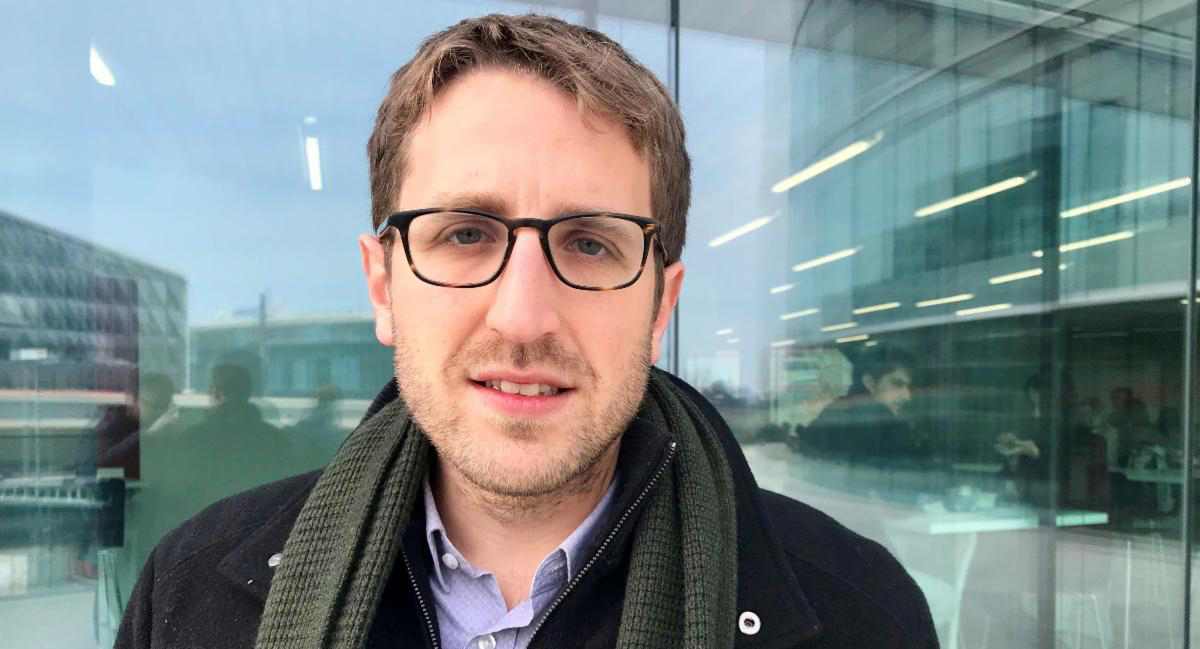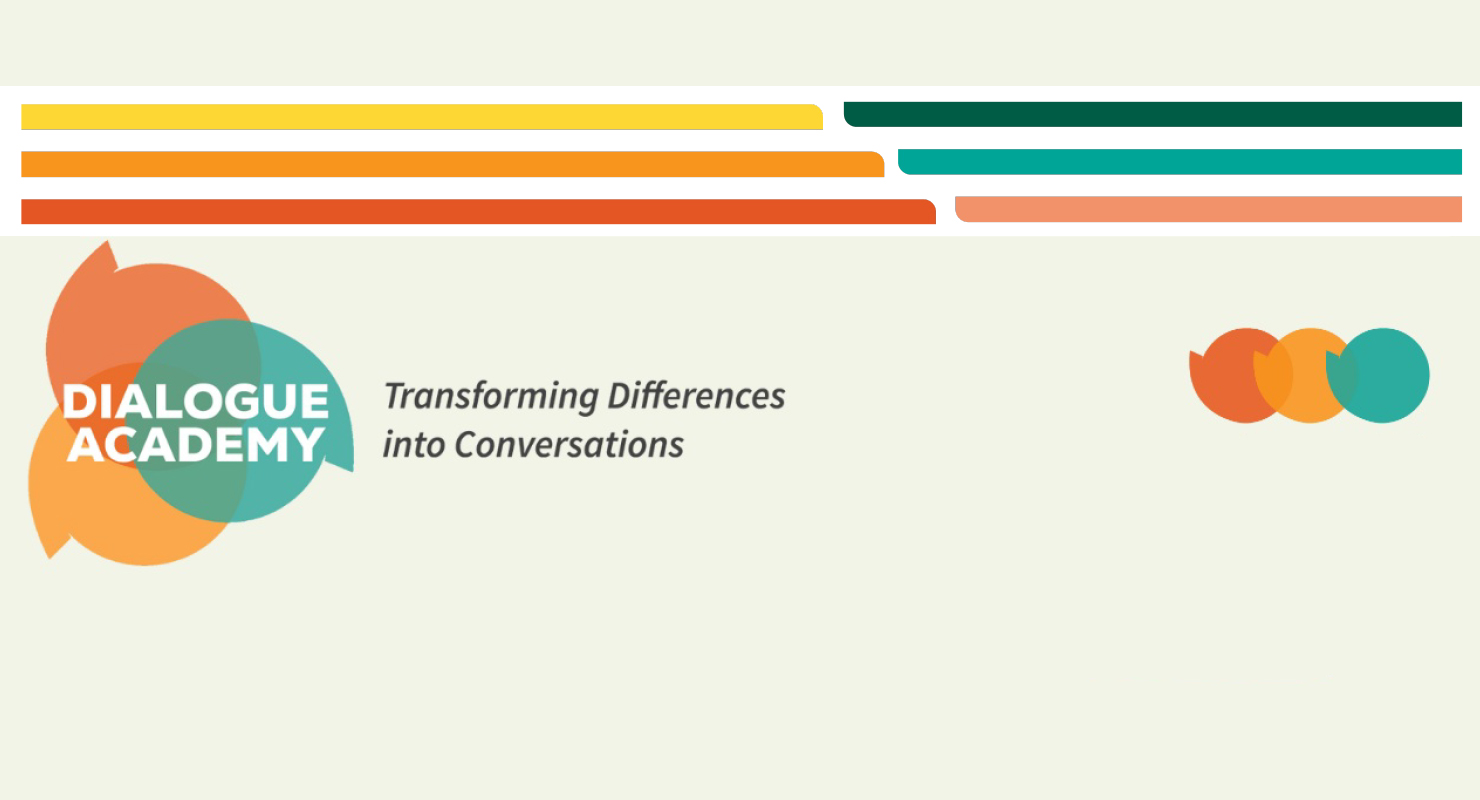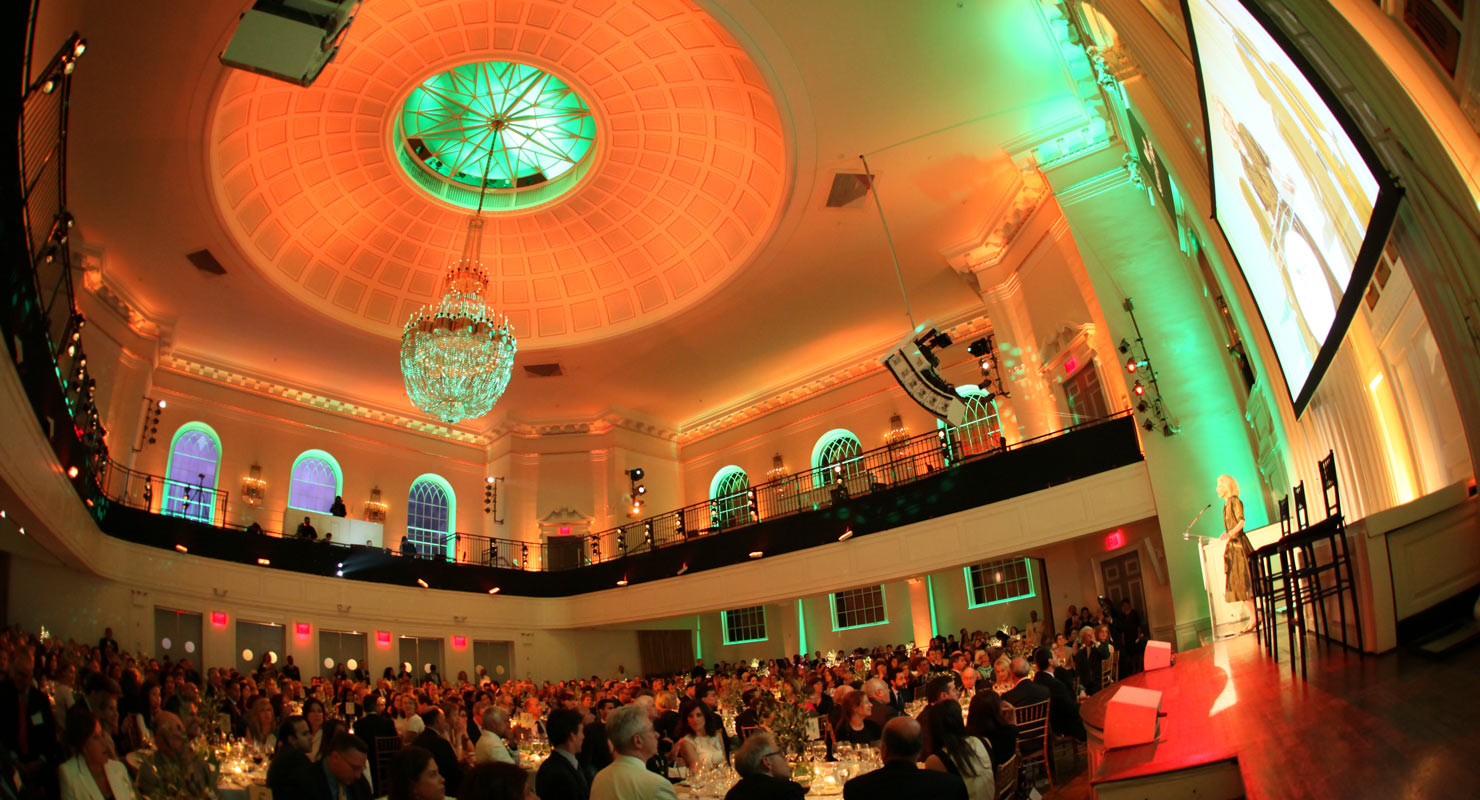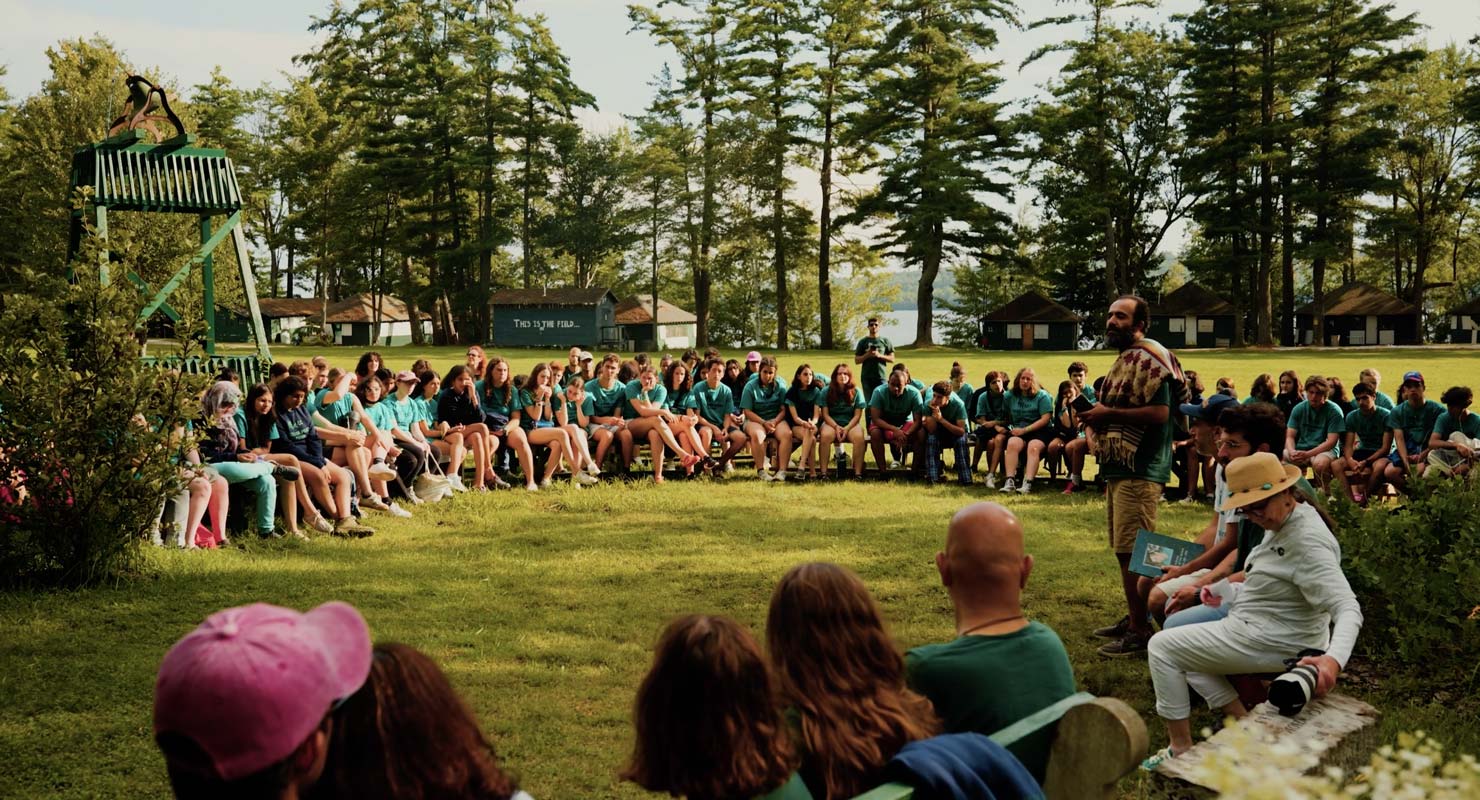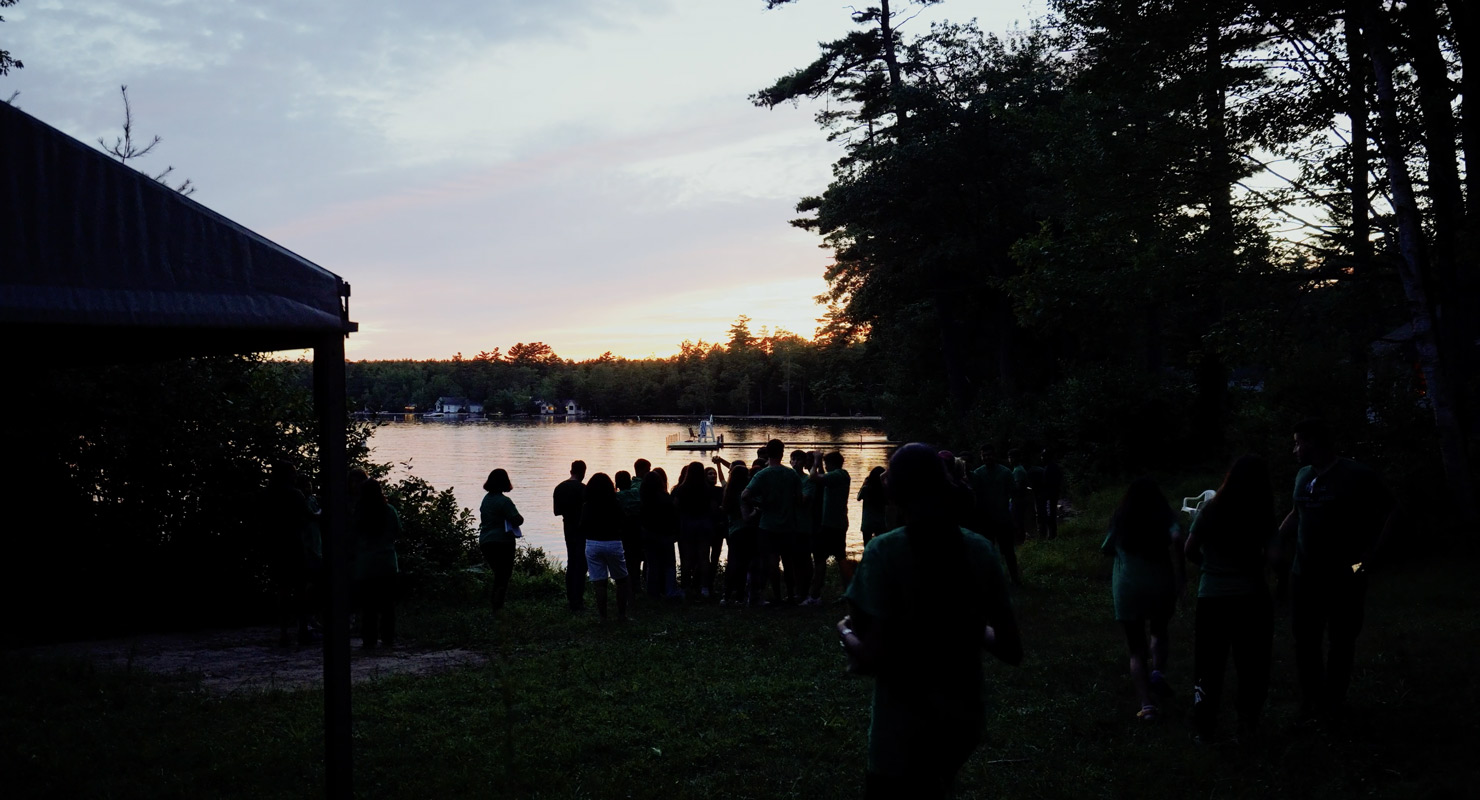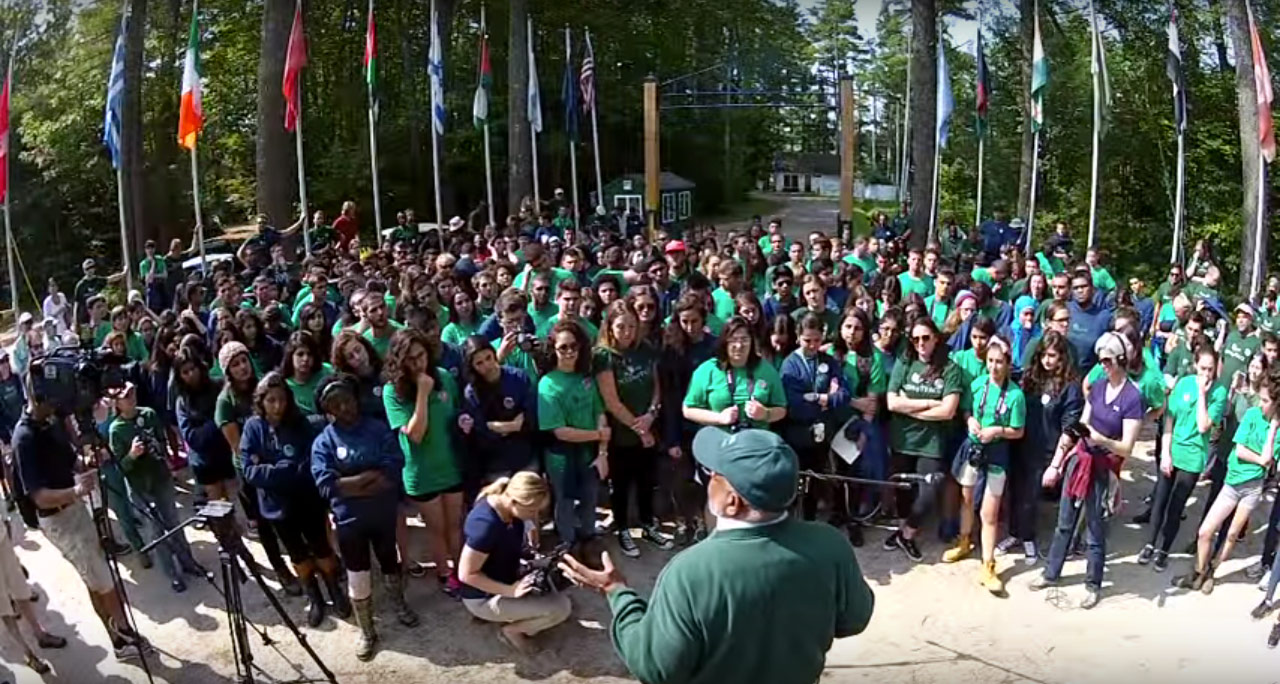Dear Seeds of Peace community,
The Board of Directors has announced that our chief operating officer, Vishnu Swaminathan, and our chief impact officer, Eva Armour, will jointly lead Seeds of Peace on an interim basis.
They replace Joshua Thomas, who has stepped down as executive director.
Eva and Vishnu bring a diversity of thinking and complementary strengths. We are confident their combined expertise will make them effective leaders of our global team at this critical moment.
Our staff, many of whom are personally impacted by the ongoing violence, war, and heartbreak in Palestine and Israel, are working tirelessly to support our communities, adjust our work to meet this moment, and build actionable plans for the future.
We are grateful for their commitment and the support of our broader community.
Sandra Wijnberg


